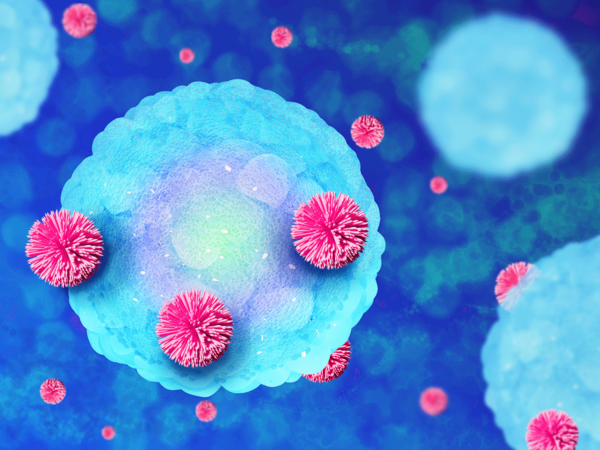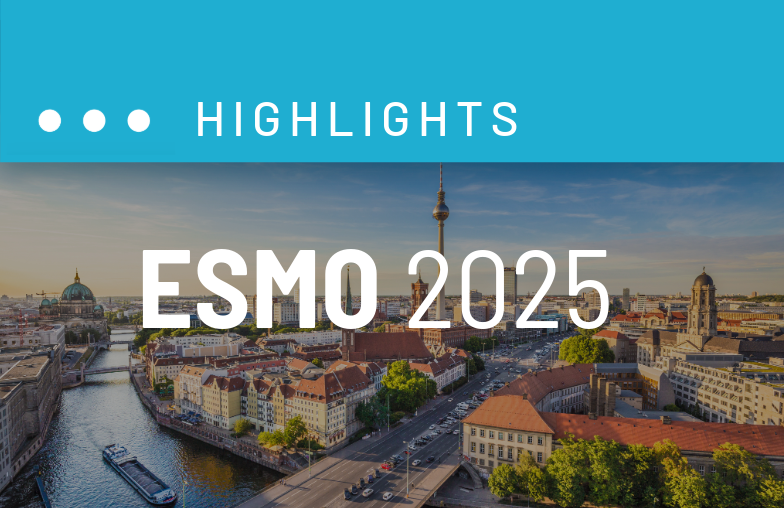In “Advancing Ovarian Cancer Therapies: Clinical Research Trends, Challenges, and Proven Strategies,” Susan Albert, VP of Oncology Drug Development, explores the evolving landscape of ovarian cancer research and the growing complexity of clinical trial execution. Late-stage diagnoses and treatment resistance continue to drive high mortality, while advances in diagnostics, biomarkers, and novel therapies demand more sophisticated approaches from biotech sponsors.
Catalyst Oncology brings deep expertise and global experience, having supported trials across all phases, including rare subtypes and confirmatory studies through strategic site planning, adaptive designs, and cooperative group engagement.
Download the full article to explore proven strategies, case studies, and future directions in ovarian cancer research.




